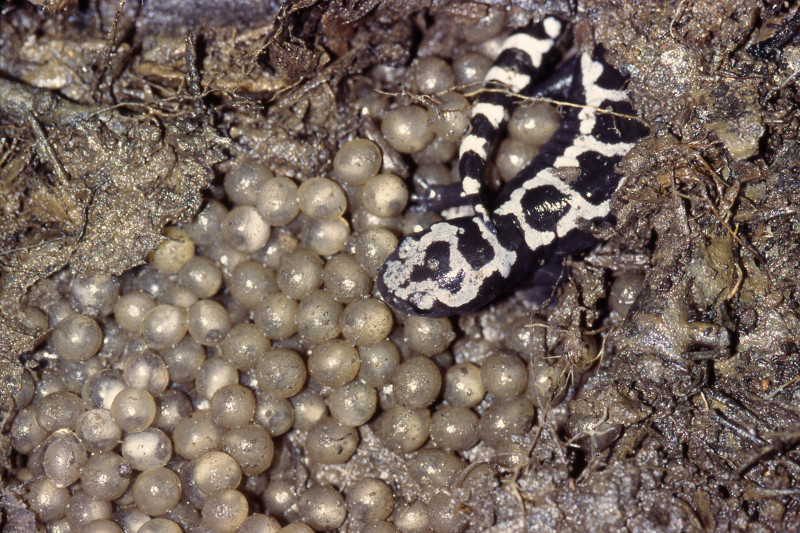Why do we need vernal pools?
The question was posed recently on a walk along Bolin Creek: Can vernal pools be easily relocated, if Bolin Creek is paved?
According to the EPA, vernal pools – or mini wetlands – are a valuable and increasingly threatened ecosystem. These mini pools are rapidly disappearing from our landscapes, as pavement and bulldozers replace the natural forest floor. As a result, we are in danger of losing the rare and important habitat found in these small pools, such as salamander
Vernal pools are miniature wetlands that provide habitat for numerous rare plants and animals that are able to survive and thrive if they can reproduce in water. Plants and animals that spend the dry season as seeds, eggs, or cysts, require a wet environment to grow and reproduce when the ponds are again filled with water.
It turns out on this walk along Bolin Creek, that there is a debate about whether vernal ponds can be recreated as in nature. What does the scientific literature say? One of the best reviews of the literature on relocating vernal pools comes from the University of Maine and its center on sustainable solutions. In this scientific paper, researchers state: “Our review of the literature indicates that vernal pool creation is an imperfect science and should be used as a last resort after exhausting more reliable protective methods…Vernal pool ecosystems are difficult candidates for creation because the community structure is as tied to the surrounding forested ecosystems as to the actual pool depression and because pool function is so tightly tied to hydrology.” (Creating Successful Vernal Pools: A Literature Review and Advice for Practitioners.)
Vernal pools matter to community residents who love their forest. If the Town were to decide to pave the length of the riparian buffer with a cement bikeway, the puddles and vernal pools will be gone.
Now we’ve learned vernal pools are super difficult to replace, why would we mess with nature and destroy what can’t be replaced? Instead let’s follow North Carolina’s Jordan Lake rules, protect the Triangle’s drinking water, and save the creatures: Keep Bolin Wild!
(PHOTO: Marbled Salamander female guarding her clutch of eggs in the dry pool basin. Credit: Jack Ray)

